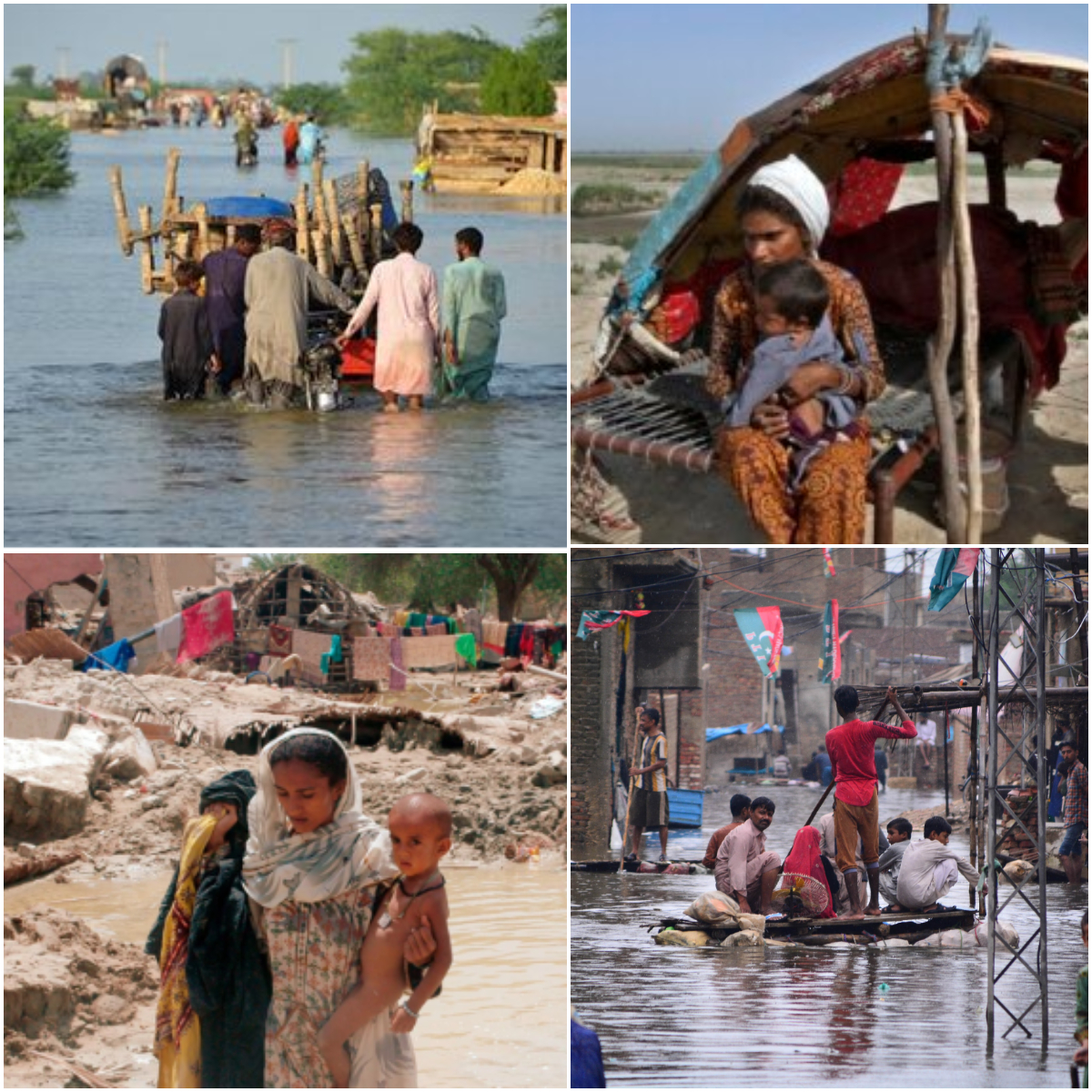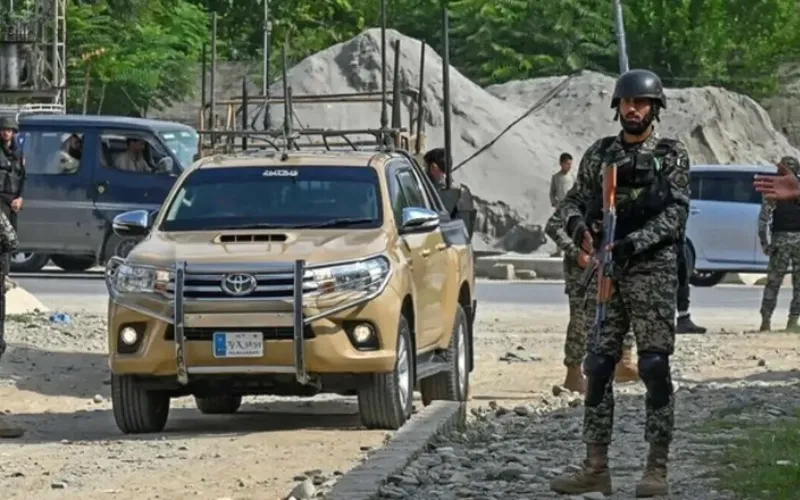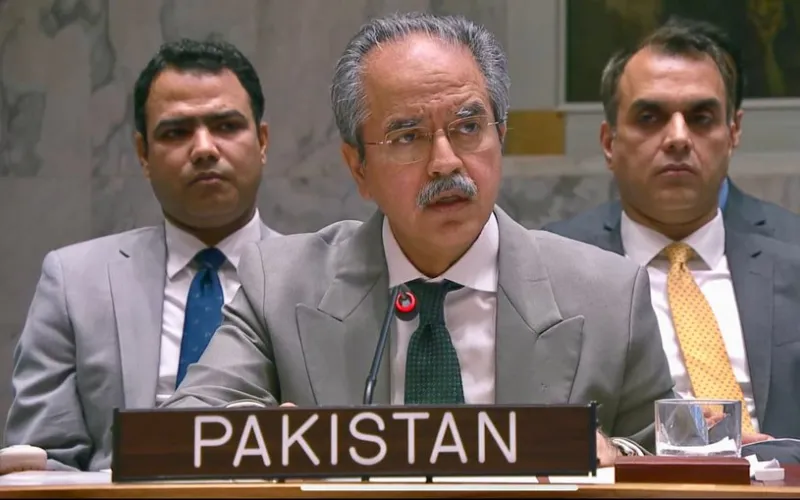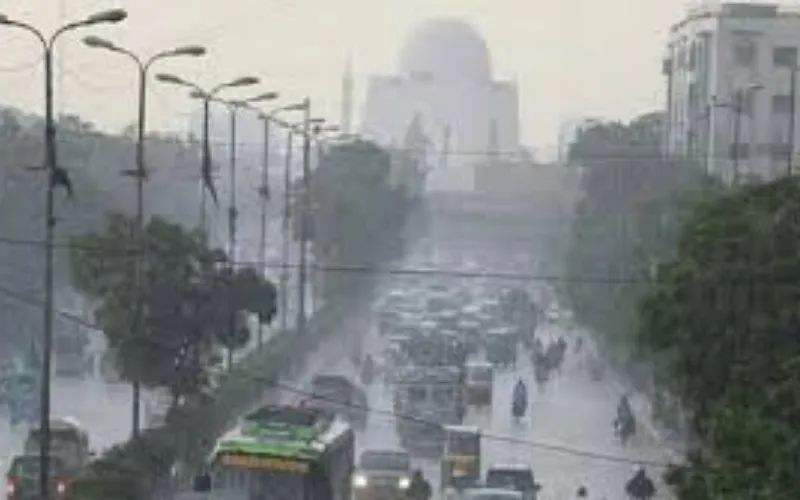As catastrophic flooding continues to sweep across Pakistan, health experts are warning of an impending health emergency, including the threat of a cholera outbreak, if urgent action is not taken.
Since late June, unusually heavy monsoon rains have triggered widespread flooding and landslides, affecting more than 6 million people nationwide, according to the United Nations. Pakistan’s National Disaster Management Authority (NDMA) reports over 1,000 fatalities, the destruction of more than 12,500 homes, and the loss of 6,500 livestock. Vast areas of farmland have also been submerged, worsening food insecurity.
More than 2 million people have been displaced, many now living in overcrowded relief camps with limited access to clean water and sanitation. Health officials warn that these conditions are ripe for the spread of waterborne diseases such as cholera, which can be fatal without timely treatment.
Cholera, a bacterial infection typically spread through contaminated water, causes severe diarrhoea and dehydration and can lead to death within hours if untreated.
“Infection risks are soaring due to the unhygienic conditions in temporary camps,” said an infectious disease specialist. “We need immediate intervention to prevent a full-blown health crisis.”
Climate change is being cited as a major contributor to Pakistan’s worsening environmental disasters. The country ranks among the top 10 most climate-vulnerable nations globally, despite contributing less than 1% of total global emissions. The 2025 Climate Risk Index placed Pakistan at the top of the list of most affected countries based on 2022 data.
In 2022, record-breaking heatwaves and subsequent flooding submerged nearly a third of the country, affecting 33 million people, killing over 1,700, and causing damages and losses exceeding $30 billion. The situation has only deteriorated since then, with more floods and extreme heat events killing hundreds in 2024 and early 2025.
Melting glaciers—over 13,000 of which lie in Pakistan’s northern regions—continue to add to flood risks and long-term water insecurity, further endangering communities and infrastructure.
Earlier this year, Amnesty International warned that Pakistan’s healthcare and disaster response systems are “failing to meet the needs of children and older people who are most at risk of death and disease amid extreme weather events related to climate change.”
As health workers race to deliver emergency aid and monitor for outbreaks, officials are calling for increased international support and investment in climate resilience, clean water access, and emergency healthcare infrastructure to prevent further loss of life.




















